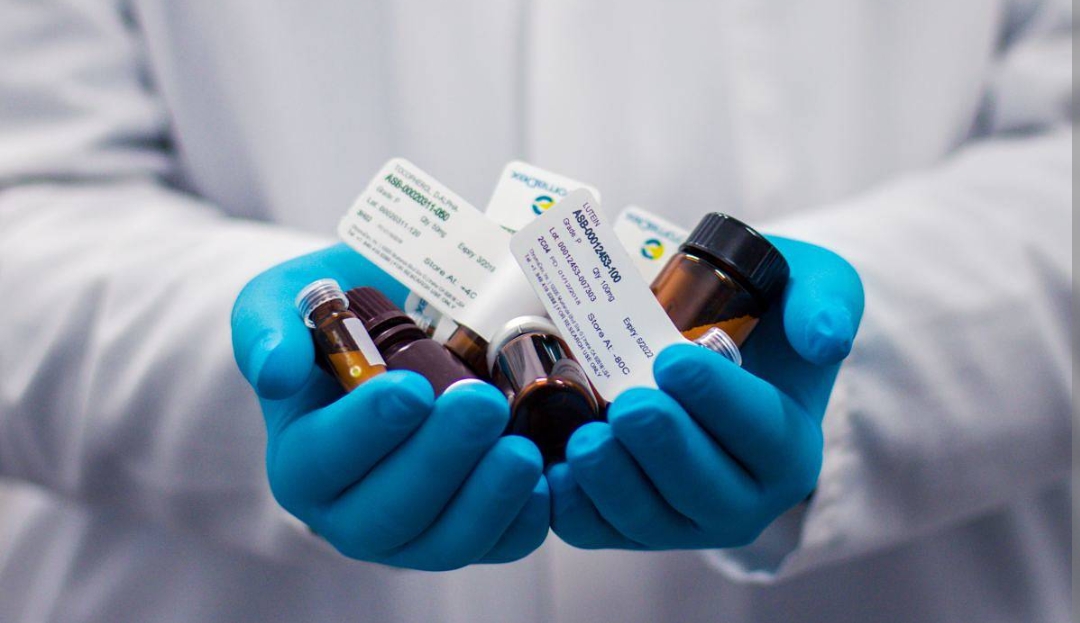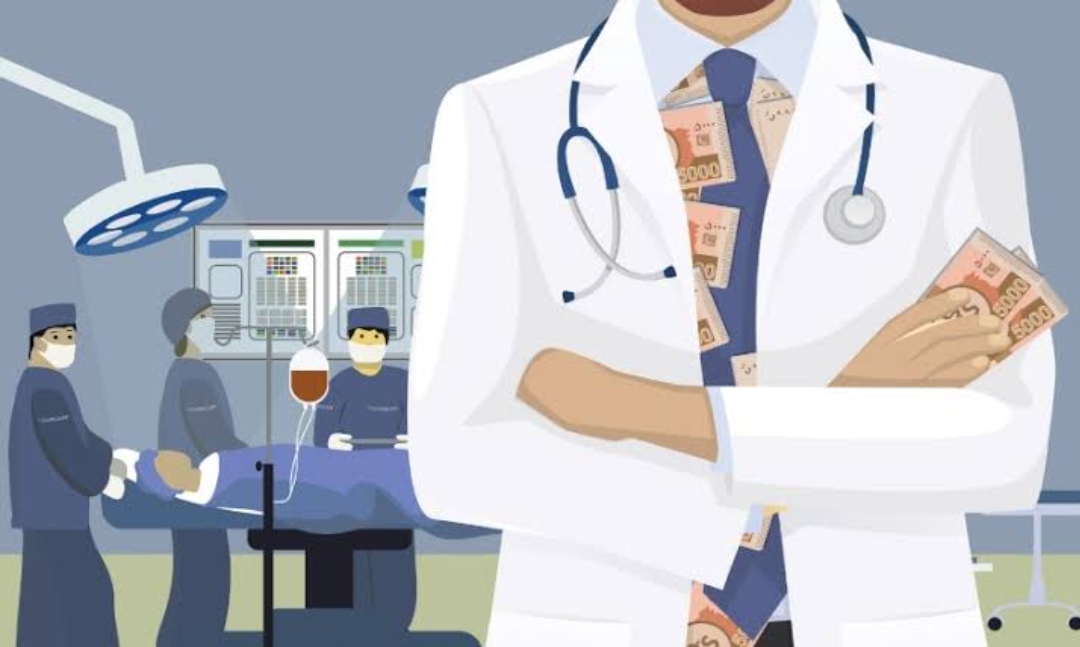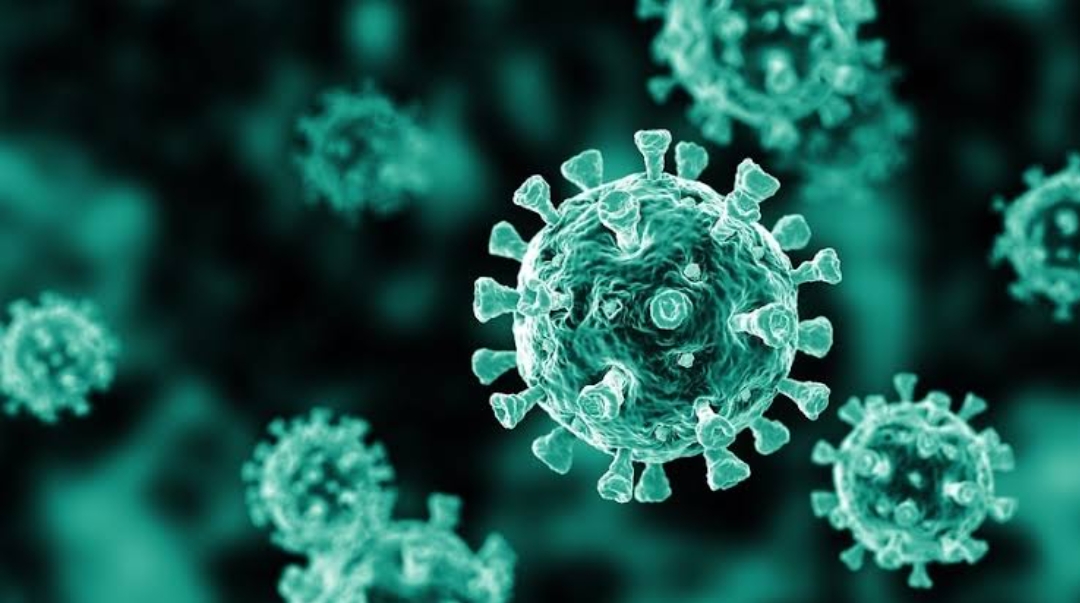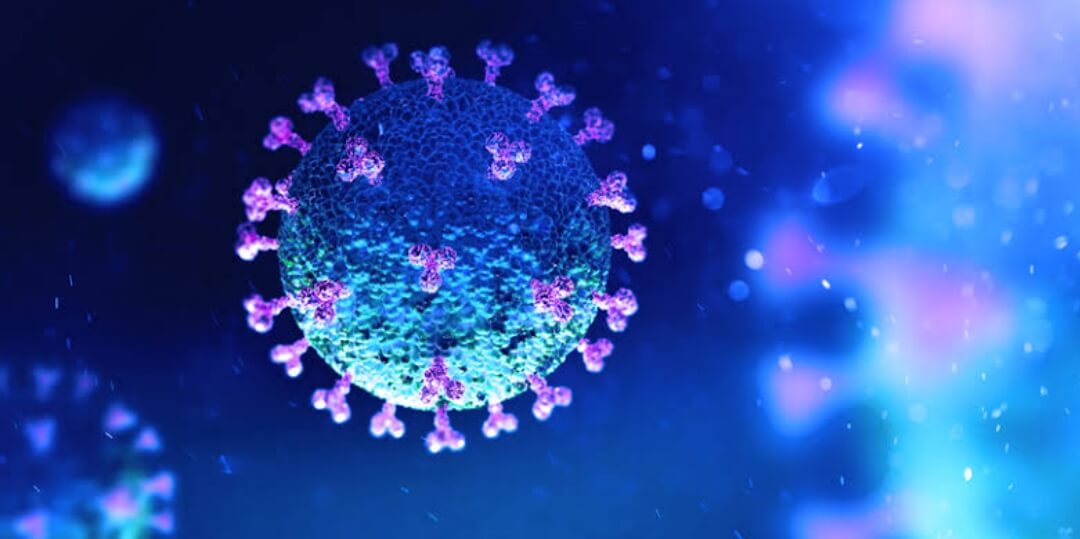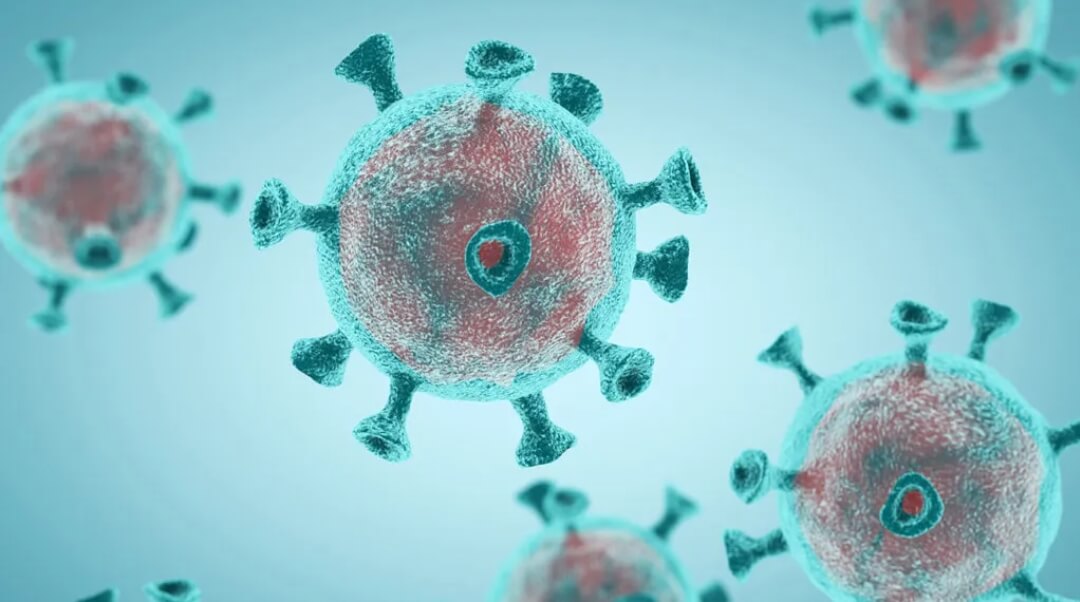
What India learnt about emergency health preparedness
With most nations, including India, not well equipped to respond effectively to major infectious disease outbreaks, the World Health Assembly has called on nations to commit domestic investment and recurrent spending to emergency health preparedness. The 73rd World Health Assembly called on the global health community to ensure that all countries are better prepared to identify and respond to cases of Covid-19 and other infectious diseases, in order to strengthen government and decision-making processes and improve institutional capacity and infrastructure for public health. The Covid-19 pandemic has exposed flaws in India's healthcare system. To counter not just any potential pandemics, the second and third wave of this pandemic, but also the scourge of non-communicable diseases, there is an urgent need to dramatically improve our primary care, public health care systems and raise investment and human resources in these fields.
There are several holes that need to be plugged, public health experts have said. The Covid-19 pandemic has uncovered long-standing systemic vulnerabilities in the Indian health ecosystem due to the lack of trained medical professionals to physicians per patient ratio. With regard to India, there is a clear need for a successful model of public-private partnership, in which all stakeholders work together including private hospitals, diagnostics, MedTech, and academia. In India, there have been many effective PPP models, and we should look at replicating them and learn from our weaknesses.
India needs to concentrate on a few other areas, such as the establishment at national and state levels of a public health emergency response unit comprising private healthcare providers. Increased investment should be made to develop a stable, highly capable national public health system, extend community surveillance and monitoring systems, and set up rapid diagnostic centers across India, with a specific emphasis on rural India.
He added that if India learns from the experiences of coping with this pandemic and corrects the current flaws, the next time it will be in a much better position.
health emergency preparedness








